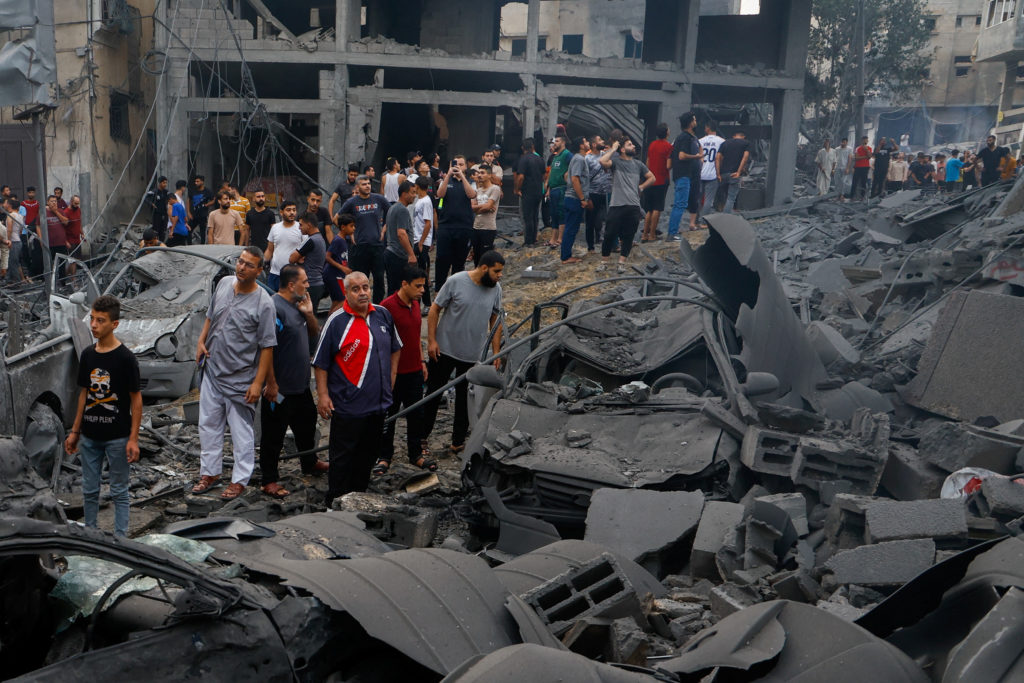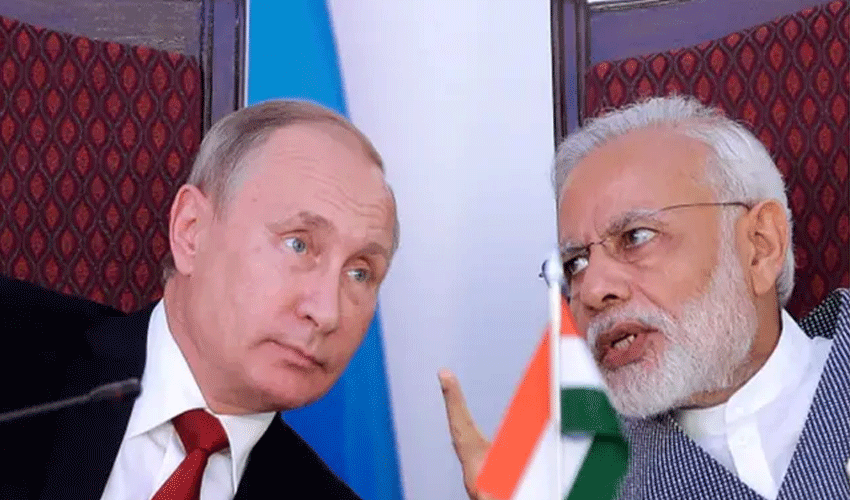Since Hamas's attack on southern Israel on October 7 sparked the conflict, negotiators are trying to reach an agreement for a six-week ceasefire and the release of Israeli hostages detained in Gaza.
The United States and the United Nations humanitarian organization OCHA have independently urged for support to reach that many Palestinians in need as a serious humanitarian catastrophe emerges in the war-torn Gaza Strip, according to AFP.
Egyptian, Qatari, and US mediators have been presenting ideas to the parties in the long-running effort to mediate an agreement some five months into the catastrophic conflict.
According to different media reports, hundreds of Palestinian hostages which are right now in Israeli jails will also be released if the agreement will be done.
President Biden said that “My hope is by next Monday we’ll have a ceasefire” but “we’re not done yet”
The emir of Qatar, Sheikh Tamim bin Hamad Al-Thani, met with French President Emmanuel Macron in Paris. Qatar is home to Hamas's senior leadership and facilitated a one-week ceasefire in November.
Majed al-Ansari, a spokeswoman for the Qatari foreign ministry, stated that Doha was "hopeful, not necessarily optimistic, that we can announce something" by Thursday.
“We are going to push for a pause before the beginning of Ramazan”, the Muslim fasting month which starts on March 10 or 11, depending on the lunar calendar, Ansari said.
“We are all aiming towards that target, but the situation is still fluid on the ground.”
Israel is under intense international pressure not to send the soldiers in Rafah, where almost 1.5 million Palestinian people have been taking shelter.
In order to secure an absolute victory on Hamas Israeli prime minister Benjamin Netanyahu has stressed that any ceasefire would just postpone rather than stop a ground invasion of Rafah in the extreme south of Gaza.
The health ministry of Gaza reports that at least 29,878 individuals have died as a result of Israel's military assault, the majority of them were women and children.
Any attack on Rafah, a vital humanitarian crossing point on Gaza's border with Egypt, "would have catastrophic consequences," according to Cairo's Foreign Minister Sameh Shoukry.
Nothing but dust:
Israeli air attacks have regularly hit the region before the alleged feared ground assault.
The family was "preparing food and getting ready to eat when the strike happened, and three floors collapsed suddenly", according to Abu Khaled Zatmeh, whose nephews were murdered in the bombing in Rafah.
"People started removing the martyrs, who were all my nephews," he said to the AFP.
In the besieged area, he declared, there were "no more" necessities, and "even if they allow people to return to the north, there are no houses left — nothing but dust."
In the meantime people in northern Gaza people are in a dire situation and that much helpless that they have been eating animal dung and even leaves.
Mahmud Khodr, a resident of the Jabalia refugee camp in the north, remarked, "I have not eaten for two days." Children were roaming the camp with empty pots, looking for food.
"There's nothing to eat and drink."
Aid under fire:
The majority of relief vehicles have stopped operating, but foreign forces have continued to airdrop goods, most notably on Tuesday over Khan Yunis, the biggest city in southern Gaza, and Rafah.
Aid convoys destined for northern Gaza, according to OCHA spokesperson Jens Laerke, "have come under fire and are systematically denied access to people in need."
Humanitarian aid entering Gaza has decreased by half in February compared to January, according to UNRWA, the main UN organization for Palestinians. The most recent aid convoy was permitted entry into the north on January 23.
An additional $53 million in humanitarian help for Palestinians was announced by the US Agency for International Development. Samantha Power, the organization's president, stated that money "has to reach people in need."
During her visit to Jordan, she stated that humanitarian workers on the ground "had to be protected."
UN troops recorded "an increase and escalation of strikes" along Israel's northern border with Lebanon, where Israeli forces and Hamas ally Hezbollah have engaged in gunfire almost every day.
There have been also increase in violence in the occupied West Bank where three Palestinian were killed by the Israeli forces during a nighttime raid on the Faraa refugee camp.



























